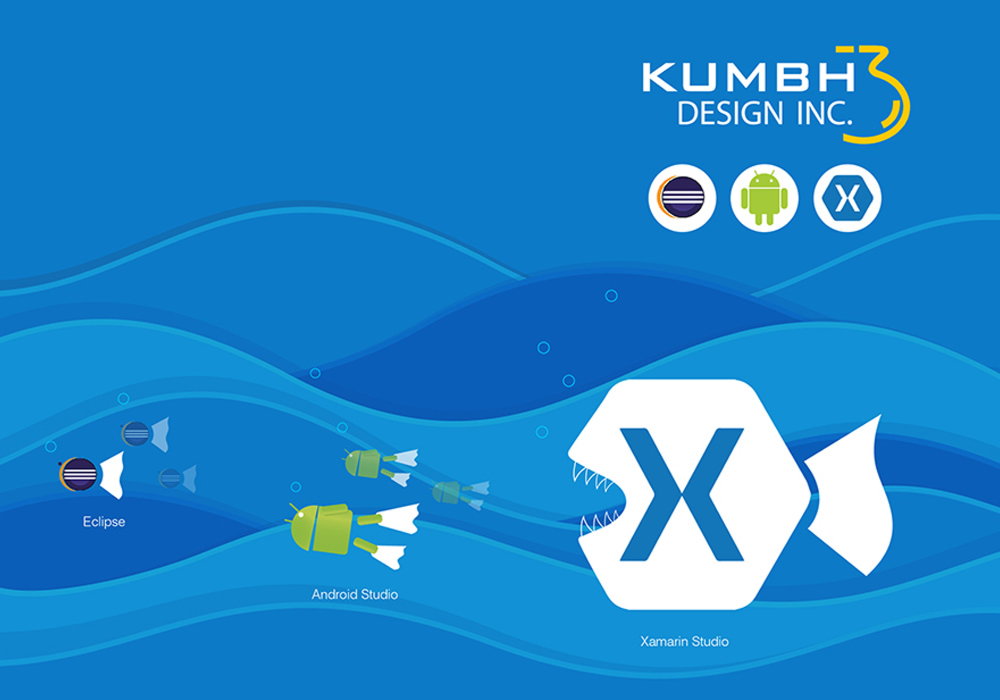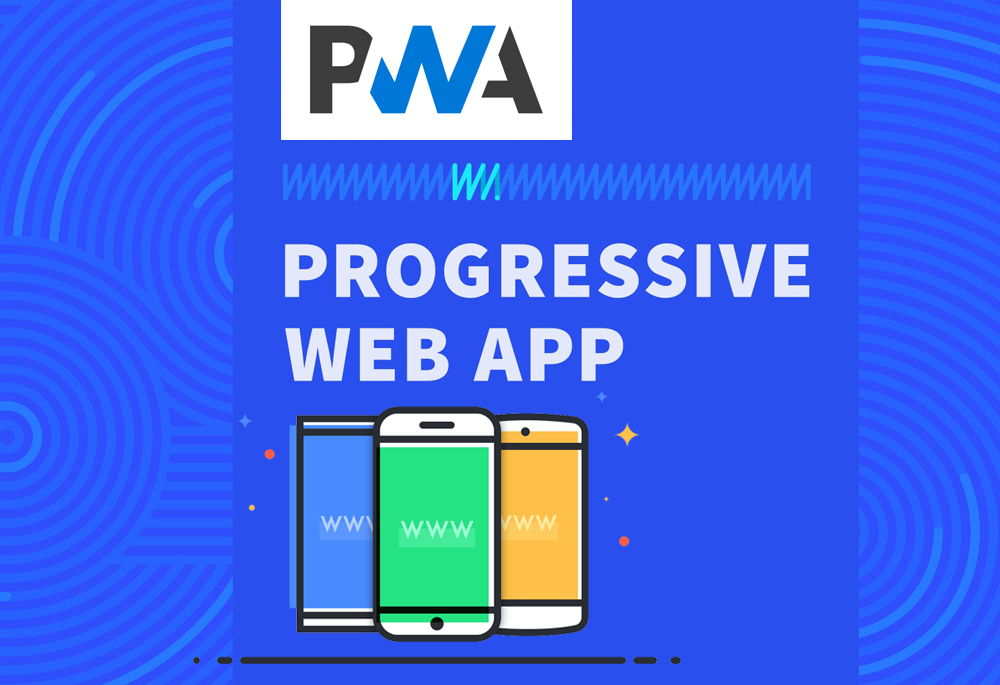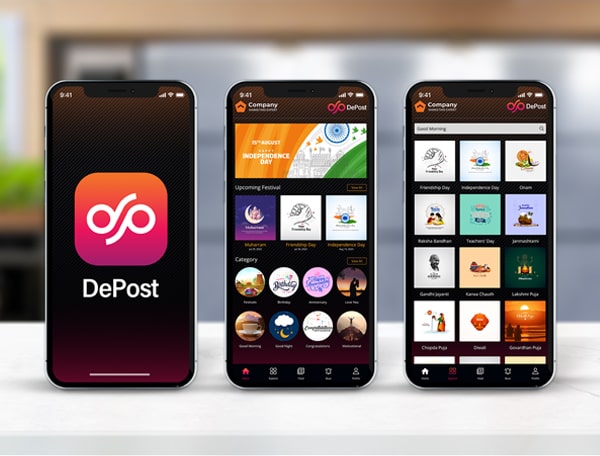In the mid 1990s an era of powerful commercial development environments began. When I say commercial, the market was craving for better technology and IBM was aggressively preparing for one. The focus was on a more open industry approach centered on the java platform. The budding world of technology was divided in two sides: Microsoft’s development on runtime execution support and IBM’s Java development.
The world was actually heterogeneous where various products were trying to build their features; the only way all the resources could be utilized was to integrate them all. That I would say was the beginning of Open Source. But to the paradox of eclipse’s development by IBM, the developers couldn’t really understand why this platform was built unless IBM released eclipse as open source. The main strategy was to make all the developers get used to eclipse in such a way that an entire family of product reign can be created. The strategy did work till 2003 when slowly mobile applications started making its dawn. Yes! I am talking about the dawn of Android Development. The technology world actually made a shift from Web based technologies to Mobile based operating system periodically; with 35 apps made available in the android market for the original version.
The android development took away a major part of eclipse platform; although eclipse was built to be a general all purpose IDE that can be used with any platform and language (I agree the major focus was Java). The developers who were targeted to get used to eclipse started moving to android studio since the eclipse was a bit cumbersome and android gave them many tools which made the developer’s work a bit quickie and easy. When google took over android without a sound; its ADT plugin which transforms the popular IDE into a fully featured Android developing environment has become very stable. With the beta version Android will clearly flush Eclipse.
After a decade of heterogeneous world, there came a time when finally developers are tired of matching the expectations and demands of the market hurricane.
- Java is used by 3.1% of all the websites whose server-side programming language we know. There are 8,311,000 Java developers out there.
- As per 2015 statistics 48.51% of android users existed in the market.
- The rest of the market, mainly iOS and Windows covered 11.04% & 14% respectively.
So principally you cannot ignore any of the platform, and a developer need to turn into a superhuman to create an application for all the major platforms. The major drawback of existing technology is they only support their own kind. You cannot create iOS application using android studio and you cannot easily transfer your android program to eclipse.
We are talking about the future now! Future of entire Application Development industry: Xamarine
- Over 600,000 registered developers
- 32,000 new developers per month
- Customers in 120 countries
- Visionary in the Gartner Magic Quadrant
Within 4yrs of development phase, Xamarin evolved into the superhuman acquisition of application development. The developers of xamarine integrated the visual studio, such that one can make an android, iOS as well as windows app from the same platform. The idea did come from the cross platform program execution feature of .Net, but nobody ever imagined the mobile feature of .Net could actually give you a completely new era.
First things first, when I talked to my android developers about Xamarine, none of them were very supportive with the fact that we have something better coming up, obviously the developers have spent years to expertise in the platform, now the market wants a single developer to carry out all the tasks.
Pros and Cons??
Pros:-
- cross-platform mobile applications for Android, IOS and Windows Mobile
- Uses unified programming language (C#)
Cons:-
- Lacking third-party library support
- Expensive(Not free, You can use trial version for 30 days only)
Yes you don’t have to manually connect device for programming.
But remotely you need a system with higher bandwith of speed, if not you will definitely end up waiting for your machine to respond.
Android ruling the market with 48%, now the questions are:
- Will xamarine flush android studio and eclipse?
- Will xamarine completely monopolize the development platform?
- The android covering such huge share in the market will the android developers use this technology and support iOS & Windows as well?
Kumbh Design, Inc’s Konclusion
Xamarine will bring out a new equalization in the market where businesses spending triple amounts to make sure they have an app in all the three platforms will go to a single destination.
Flushing out Android studio won’t be that easy because there will be dedicated android users in the market and developers who have specialized in android will hesitate to move their platform. Countries like India, where technology in the startup companies is not that polished, will again find problem as they have to upgrade their entire system, and that will take hell lot of investments.
But get ready to watch a new age of cross platform technology!
- Android Developer Point Of View:-
- Kajol Patadia :-
As an Android Developer I found Android Studio suitable for Android App Development because it is faster than Eclipse and Updates are easy to install and also it takes less memory for storing on the machine than Xamarin because Xamarin is a combination of IOS, Visual Studio, and Android Studio so machine performance decreases compare to Android Studio. For Using Xamarin, developer wants high Configuration system to work on visual studio and Android studio simultaneously.
- Mansi Patel :-
If you want to develop only Android App then it is better to use the Android Studio than Xamarin because Xamarin provides IOS, Visual studio, Android studio. Xamarin is useful for those developers who want to develop App in C#. For only Android App development it is not necessary to use Xamarin because of its memory issue.











